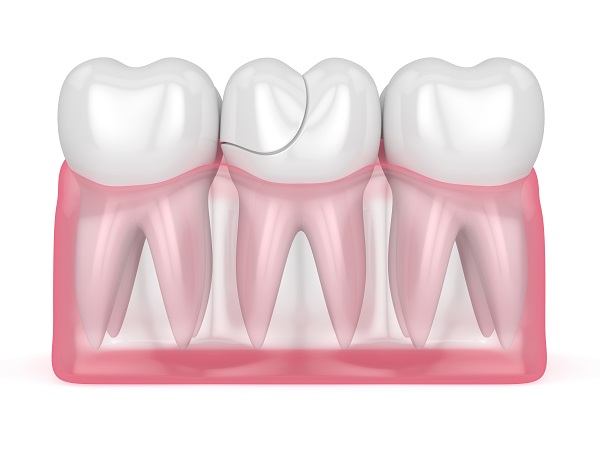What to Do If You Think You Have a Cracked Tooth

A Cracked Tooth can lead to increased sensitivity to hot and cold foods, and it can also lead to pain when eating. The toothaches that often accompany cracked teeth tend to be sporadic. This makes it more challenging to locate cracked teeth, especially when the damage is minimal.
Cracked teeth do not always lead to pain and discomfort. In some cases, the damage to a tooth is only to its appearance. However, such damage can still leave a tooth vulnerable to decay and infection, so it is best to have a dentist evaluate the tooth to determine if treatment is needed.
Determining if you have a cracked tooth
A cracked tooth not being treated can lead to more discomfort and pain down the road. However, cracked teeth do not always come with symptoms, so some people have no idea that they have a cracked tooth. Here are a few of the signs and symptoms that can let one know if a tooth is cracked:
- Swollen gum tissues around the damaged tooth
- Pain when biting down or chewing
- Teeth that are sensitive to sugary things
- On and off toothaches
- Tender gums around the damaged tooth
The most common ways that people end up cracking a tooth include:
- Biting down on hard foods or items
- Teeth grinding
- Trauma to the face
- A tooth being weakened by a large filling
- Sudden temperature changes in the mouth
Diagnosing cracked teeth
Dentists have a variety of tools at their disposal when it comes to treating chipped teeth. The first step involves diagnosing the extent of the damage done to the person's tooth. The dentist may:
- Perform a visual examination of the patient's teeth
- Talk to the patient about their dental history
- Use a tool called a dental explorer to find cracked edges on teeth surfaces
- Ask the patient to bite down on something
- Use dental dye to reveal cracks
- Examine the patient's gums for inflammation
- Take X-ray images of the patient's teeth (this does not always reveal cracks, but it does allow the dentist to detect issues present in the pulp chamber, which can be a sign that a tooth is cracked)
Our dentist recommends coming in for an evaluation if you think that one or more of your teeth might be cracked. Having the tooth treated by a dentist often brings an end to any pain and discomfort that the patient is experiencing.
Simple ways to manage a cracked tooth while waiting to see a dentist include:
- Keep the area clean, and rinse your mouth with salt water to clear debris stuck in the damaged tooth
- Use over-the-counter painkillers to manage any pain and discomfort
- Apply a cold compress against the cheek nearest to the damaged tooth; this should be done in 20-minute intervals on and off
We can fix your tooth
The longer you hold off getting your cracked tooth treated, the more challenging it becomes for a dentist to fix it. Call or visit our Bloomfield clinic to start the process.
Request an appointment here: https://bloomfield.ismiledentalcarenj.com or call iSmile Dental Care of Bloomfield at (862) 702-5234 for an appointment in our Bloomfield office.
Check out what others are saying about our dental services on Yelp: Cracked Tooth in Bloomfield, NJ.
Recent Posts
Have you considered turning to cosmetic dentistry services to restore your smile? If you do not like the way your teeth look, there are solutions. Your cosmetic dentist has multiple options to help you feel good about the way you look once more. You no longer have to hide your face or avoid being around…
Gingivitis is a form of gum disease that causes swelling where the gums meet the teeth. It is a serious condition that should be treated immediately once it has been identified to prevent worsening of the disease as well as possible tooth loss. Gingivitis can occur when plaque is not properly removed and starts to build…
General dentists are responsible for restoring and replacing teeth that are lost due to decay or accidents. Unfortunately, the teeth are prone to both, making it so that treatment is necessary. A common treatment used in general dentistry for tooth restoration and replacement is a dental bridge. Having a dental bridge placed can make life…
If you have a damaged tooth, perhaps due to trauma or infection, the dentist will work with you to choose the proper smile makeover plan to adjust your smile. The goal is to restore the function of the teeth while making them cosmetically appealing. The treatment strategy will meet your specific needs and achieve the…


